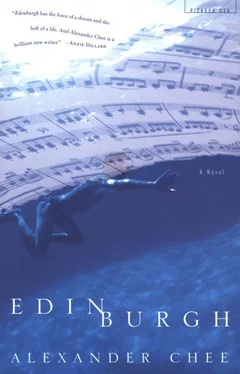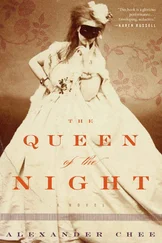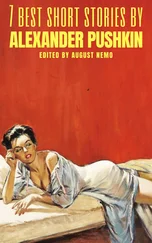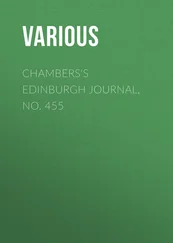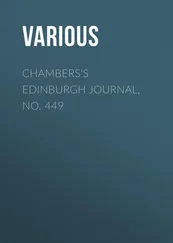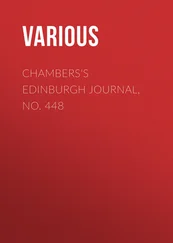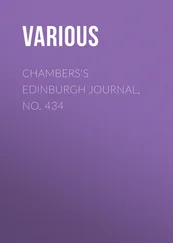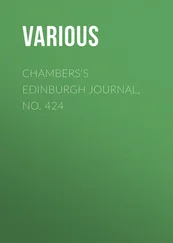So let me get this straight. You throw up so much that you are fainting, and now you have been prescribed drugs, because you want this man so much, but, you aren’t gay.
No, I say. I’m not.
Okay, he says.
You told me not to do anything about it, I say.
You can still tell people, he says. In fact, your life may depend on it.
And the words I want to say fly in my throat like swallows lost in a church. The bird is many now, small now, hops inside me. Each one carries a possibility in its sharp tiny beak.
20
The day of the party is so beautiful, I wish that morning it didn’t have to be the day that it is.
Bridey and Fee have set up a large white tent that glows from the yard as I approach, like sails full of light. Bridey comes out of the house as I park my car, slapping flour from his hands as he lets the screen door bang shut behind him. Piecrusts, he says. First I’m blind from cutting paper roses, and now I’ll be crippled from rolling the crusts. He kisses me on the cheek. Fee’s inside, he says.
In the tent, Fee bends over a long folding table, draping the clothes. Put your finger here, he says to me by way of greeting.
I put my finger down on the cloth. He pulls it into a neat triangle edge and drops the rest over the side, a clean fold. He pushes a tack in to keep it in place. Bridey’s paper roses, white and pink, cluster in chains strung around the inside of the tent. It’s beautiful, I say.
Thanks, he says. The missus has been working all week.
Just another faculty wife, Bridey says, entering the tent.
And so we spend the hours before the party. I shell piles of shrimp for shrimp cocktail, sip a lemonade, and joke with Bridey. Fee walks in and out of the kitchen on his way to the various tasks of the house and party, saying nothing, while Bridey asks me questions, about Alyssa (She’s still so angry with you, he says) or the Thoreaus (Aren’t they strange, he says, so like characters from a novel about another country). I don’t remember my answers, only a wind full of the meadow, and the light, bright enough to strip paint.
Read my cards beforehand, Bridey says to me, and brushes shrimp shells off his hands, rinsing them under the faucet. I sit down at the table. He bends his beautiful head over the cards. Shuffle them, I say, and put them in several stacks. He whicks the cards like a professional. Sets them out. Okay, I say. Now pick the one stack that seems to call to you.
Of the three stacks he takes the one on the left. Hand it to me, I say. He does. I deal the cards out, ten, in quick succession, in a Celtic cross configuration.
That’s a beautiful card, he says, and sets his finger down in the center. I take the cards in, slowly. Ace of cups in the center. Crossing it, the page of wands. Crowning it, the five of cups, below it, Temperance. In the past, the Lovers.
Well, he says.
This is about love, I say. But the Lovers is actually about art, and decisions. The final outcome card is the Tower. Everything you’ve known until now is about to change, based on a recent decision. It’s not bad, I say. Only if you don’t accept that change is on its way. True love here, I say, and I can barely say it. But I can’t lie to him about his reading.
This is about change, he says, pointing to the Tower.
Yes, I say. It’s Poseidon tearing down the world. This, I say, and point to the ace of cups, that’s Aphrodite coming out of the water. His daughter.
Fee comes over, dressed in a tank top and sweatpants. He smells faintly of dill. Potato salad’s done. How’s the future look?
Poseidon, I think. Good, I say. The bird says.
And then the guests arrive.
The party charms us all. The warm afternoon lets the chill of the night ahead enter early, and so everyone draws a little closer. The paper rose banners flap up, as if to say, this land is claimed for paper roses. The Thoreaus, the Whites, the Ms. Fields, extremely pregnant. I could let go at any minute, she says, and Fee widens his eyes with alarm. It turns out they have known each other for a very long time. Since college. Don’t worry, she says to the group. No stories. He and I could destroy each other. The teachers and their spouses fill their plates, they chill glasses with punch they drink slowly, at first. And then Mrs. White whips a cigarette from her purse, and soon, Fee is sent to climb his kitchen counter for the bourbon he’s stashed up above the cabinets.
Why’s it up there, Mrs. White says, smoking from below.
So you wouldn’t see it, he says, and Mr. White laughs.
You’re real funny, she says, and points her cigarette at her husband.
Mrs. White and Mrs. Thoreau take up a spot in the tent, with bourbon and cigarettes, and wave the smoke away from Ms. Fields, who fans herself gently with a paper plate. When I approach, their talk stops. Hello, Mrs. Thoreau says to me. You look wonderful.
Thanks, I say. My grandparents are worried I’m too thin.
You’re a teenager, she says. It’s practically what being a teenager is, being thin.
21
I climb the mountain in the dark, but the moon is full and helps me, as much as it can. The party ended hours ago. Near the moon, when I can see it, there is a planet posing as a star. I know it’s a planet because only a pretender wouldn’t be faded by the moon. Only an impostor would remain when all the other stars recede.
I had set the note down, in its envelope, in Fee’s stack of mail. The two stacks were neatly sorted. The party outside whickered in the breeze, polyphonic conversations. Their bedroom. The bed was neatly made, the pillows stacked to make a crude, soft geometry.
The eagle’s nest is here on a ledge, like Tom said. I pause before getting in. Large as a bathtub. I can almost lie full length in it. The nest’s soft walls stretch when I settle in. No eggs here. Lulled, I close my eyes, and I must fall asleep, though it feels like no time at all when I open my eyes to the eagle looking at me.
A gold coin in the snow. The enormous eye. Feathers that look like armor. I’d never seen feathers look like they could protect anything until now, but here, I can see how they hold the air, strain it like a whale’s baleen strains the water. The wings draw open. In the dark, wings spread, he could be an angel sent here to bring me home. To tell me, go home, Fee loves you, and nothing’s wrong. But he isn’t and Fee doesn’t. Unless eagles have been angels all along. I can see why someone, on seeing one, would think that God had sent for them in this way.
He pulls his wings close again in front of him and a huff of oil scent comes off him, a musk. A faint powdery itch in my nose, like down.
I slowly climb out of the nest, the eagle surprisingly quiet. It’s okay, I say to the eagle. I’m leaving now. And as I head down the mountain in the morning, it seems like this bird I am now should be able to fly.
22
At the dorm my grandparents wait. Grandfather in a tan suit, a blue silk tie creasing the white shirt. His hair shining against his head like the inside of a shell. Grandmother in a dress of navy silk, hemmed at her ankles, which she crosses as she sits in the chair there in lounge. They look up as I enter the room. You’re late, my grandmother says.
I can’t imagine why, my grandfather says, and she elbows him.
I’ll just be a second, I say, and head to the showers.
The stink comes off. I dry, thinking of waterproof feathers. The guillemot, cousin to the parrot, dives in the water in pursuit of fish, where it swims on its wings, flapping them under water. I push hair gel through blond hair, wondering whose it is.
Hi, I say, reappearing. They inspect my father-meeting attire: gray sweater, red polo, jeans.
Lost more weight, my grandmother says. Are you sick?
Читать дальше
